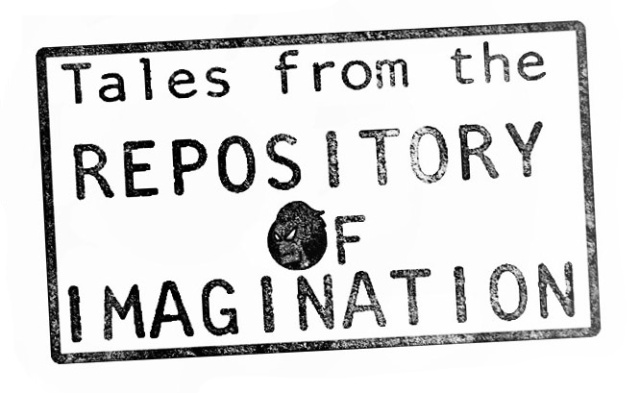An article/review by NSFWG member Mark West
When I began writing my novella "The Lost Film" back in 2010 (it's due to be launched at next years FantasyCon and a few of the chapters have been through the group critiquing process), I started reading a lot of crime. One of the books I decided to re-read (after a perhaps twenty-year break) was "Falling Angel" by William Hjortsberg (1978). I enjoyed it so much that, the weekend after I finished, my wife & I watched “Angel Heart”, the 1987 film written for the screen and directed by Alan Parker.
 |
| Mysterious Press edition |
In 1959 New York, Harry Angel is hired by the mysterious Louis Cyphre to track down Johnny Favourite, a crooner who’s been holed up in a hospital since the war. When Angel discovers that the singer is missing, everyone he speaks to on the trail to find Favourite ends up dead. And all the time, the mysterious Cyphre seems to pop up everywhere, not least haunting Harry’s dreams. A hard-boiled private detective novel, employing (and enjoying) every staple of that genre, this takes things into far darker territory as the novel goes on. Sticking to New York throughout (unlike the film), this often seems like it was written with a pang of nostalgia for the city of old and works all the better for it. The ending, as Harry attends a Black Mass in an abandoned subway station, is painful and bitter and unpleasant and serves as a real kick in the gut, before the final denouement. Having read this before (and seen the film a few times), I was surprised at how many obvious clues Hjortsberg seemed to drop at the start (and the cover art doesn’t help), but the clues got more insidious as it went on. This is a cracking novel, working perfectly as either a hardboiled thriller or a supernatural one, never afraid to lay on the violence and gore, but also treating the love affair between Harry and Epiphany with delicate ease. Very highly recommended.
Re-reading this and watching the film so closely together, I’ve realised that they’re equally good, but Parker took a lot of liberties with the source material (some of which are understandable, some not).
 |
| Millipede press edition |
The book takes place in 1959, the film in 1955 for no apparent reason (though Mickey Rourke does, at one point, mention he’s 37 when he’s clearly not). All of the book takes place in New York (city or state), but the film moves everything to Louisiana for the voodoo sequences (which gives it a different flavour and does make sense, though I like having everything happen in the city). The Epiphany of the book is an independent young woman, assertive and childless - in the film, she’s independent but hampered by circumstance, she has a child and she’s a lot more obviously sexy. In the book, the relationship develops and is mostly nice and pleasant - the film affair virtually starts and ends with the blood-soaked love-making (which is a visual metaphor for the Black Mass (see later), since nothing like this happens in the book). Ethan Krusemark plays a bigger part in the book (there’s a superb little set-piece where Harry has to do some window cleaning) and has a major role to play in the “first” climax, a Black Mass (only briefly glimpsed in the film) that is awful and gripping, which takes place in the underground system. In the film, he’s seen at the races and ends up dead in a cauldron of gumbo.
Do the changes detract from the power? No, I don’t think so, but they’re not really the same animal. It was nice spotting pieces of film dialogue in the novel but I think a film could be made of “Falling Angel”, sticking very close to the source, which would be every bit as powerful as “Angel Heart” was, without usurping its position as a top drawer film based on the book.
So which is better? I’m going to wimp out here, I can’t pick one. I’d love to see a film that sticks to the book but what we got instead is still a top quality piece of entertainment. So I’ll call it a draw and suggest that whichever you go for - book or film - you won’t be disappointed.
 |
| 1987 UK quad poster |










